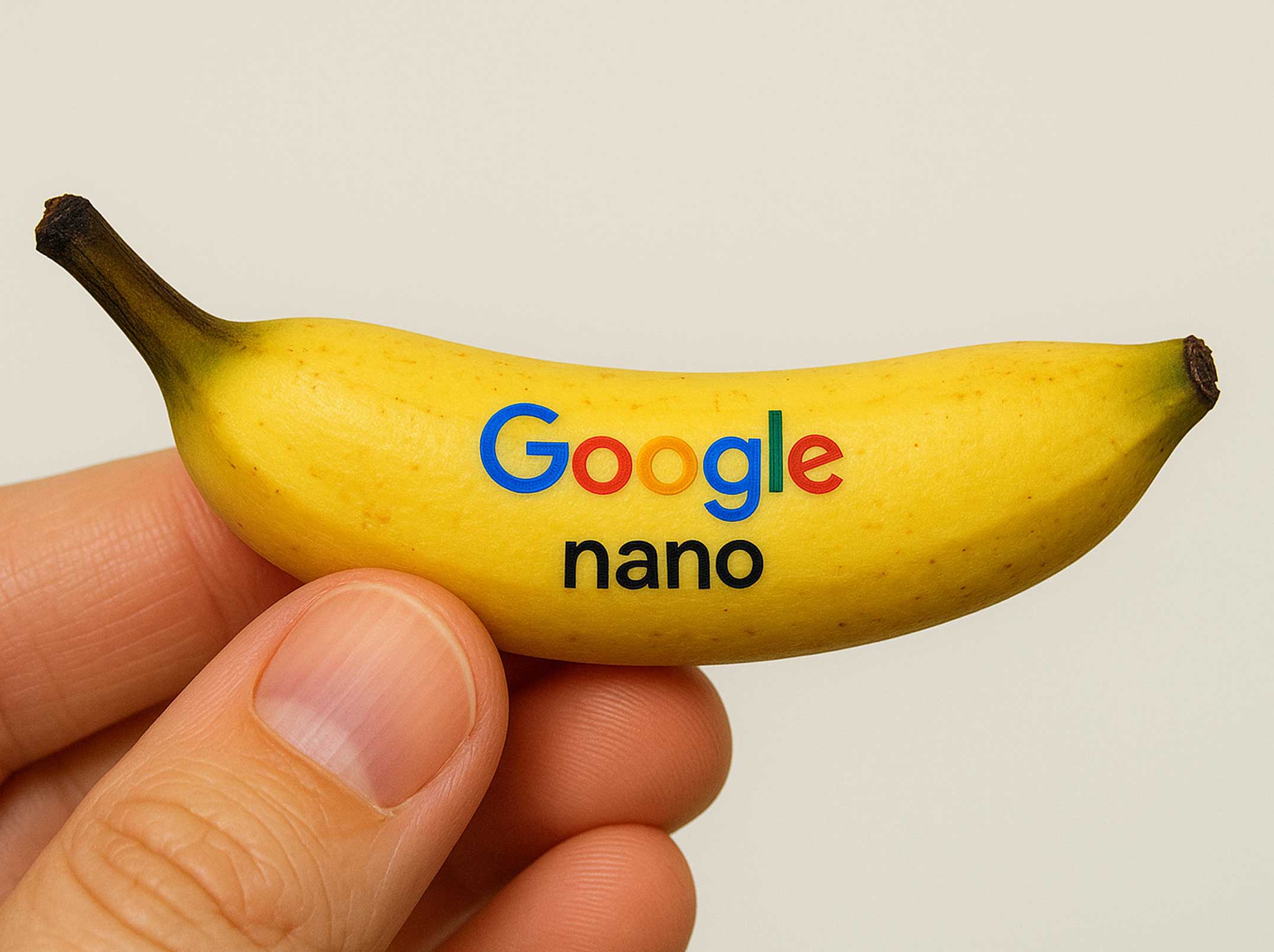Honda Unveils 2025 CR-V e:FCEV: A New Era of Hydrogen Power
Honda unveils the 2025 CR-V e:FCEV, blending hydrogen power with EV tech for a greener future. Explore the next-gen innovation!

The automotive industry faces a critical juncture: how to deliver truly sustainable mobility without compromising on convenience or range. While battery-electric vehicles (BEVs) offer a compelling zero-emission solution for urban commutes, their charging times and range limitations can be a hurdle for longer journeys. This is where Honda steps in, charting a distinct course with the 2025 CR-V e:FCEV – America's first production plug-in hydrogen fuel cell electric vehicle. This innovative SUV directly addresses the trade-offs often associated with electrification, seamlessly integrating the quick refueling and extended range of hydrogen power with the everyday practicality of plug-in battery electric driving, setting a new benchmark for eco-conscious transportation.
Pioneering Hydrogen Fuel Cell Technology
At the core of the 2025 CR-V e:FCEV's innovation lies Honda's significantly advanced hydrogen fuel cell system. This is not merely an incremental upgrade; it's the product of a deep collaboration with General Motors, yielding a state-of-the-art fuel cell stack that pushes the boundaries of efficiency and refinement. This joint development has resulted in a system boasting double the durability and a remarkable two-thirds reduction in manufacturing costs compared to previous generations.
Such advancements are critical in the broader drive toward democratizing hydrogen technology. By dramatically improving longevity and affordability, Honda and GM are directly addressing two major historical barriers to widespread fuel cell adoption. This strategic partnership underscores a shared vision for making clean, sustainable mobility solutions genuinely accessible to a larger market, moving fuel cell technology from niche innovation to a mainstream contender. For forward-thinking businesses and stakeholders in sustainable industries, these strides signal a matured and increasingly viable pathway for decarbonization, potentially enhancing brand value and market positioning through alignment with such pioneering efforts.
Versatility Through Plug-In Capability
The core challenge with widespread EV adoption often boils down to range anxiety and charging infrastructure. Honda directly tackles this with the 2025 CR-V e:FCEV's innovative plug-in hybrid functionality. Unlike pure fuel cell vehicles, this CR-V is equipped with a 17.7 kWh battery, offering drivers the strategic advantage of approximately 29 miles of pure electric range. This EV mode is ideal for daily commutes, short errands, and city driving, allowing for emission-free operation and convenient home charging.
However, where the CR-V e:FCEV truly distinguishes itself is in its seamless transition to hydrogen power for extended travel. When the battery's charge depletes or for longer journeys, the advanced hydrogen fuel cell takes over, providing an impressive EPA-rated range of 270 miles. Critically, refueling the hydrogen tanks mirrors the speed of gasoline vehicles, taking a mere 3 to 5 minutes. This dual-power system eliminates the traditional compromises of either technology, delivering unparalleled flexibility and convenience that caters to the full spectrum of driving needs. For businesses and consumers prioritizing both environmental responsibility and practical application, this blend of performance and eco-consciousness represents a significant step forward in sustainable mobility, emphasizing the importance of sophisticated marketing to effectively communicate such nuanced product benefits to a discerning audience.
Strategic Production and Leasing Initiatives
The realization of advanced hydrogen technology in a consumer-ready vehicle marks a significant moment for sustainable transport. Production of the 2025 CR-V e:FCEV officially began in June 2024 at Honda's Performance Manufacturing Center in Marysville, Ohio. This facility, known for its precision craftsmanship in producing high-performance vehicles, has now taken on the crucial role of assembling America's first fuel cell electric passenger vehicle, signaling a new chapter for domestic zero-emission manufacturing.
Initially, Honda is strategically rolling out the CR-V e:FCEV through exclusive leasing programs in California. This targeted approach acknowledges California's comparatively robust hydrogen refueling infrastructure, which is essential for the widespread adoption and convenient use of fuel cell vehicles. To further incentivize early adopters and mitigate concerns about fuel costs, Honda is offering highly attractive lease terms: options include two-, three-, and six-year agreements, each bundled with substantial hydrogen fuel credits of up to $25,000 (or even up to $30,000 for longer terms). These generous credits significantly offset refueling expenses, enhancing the vehicle's financial appeal for environmentally conscious consumers and businesses looking to integrate cutting-edge, sustainable solutions into their operations. For companies navigating the complexities of promoting innovative, eco-conscious products, understanding and leveraging such comprehensive marketing incentives is crucial for driving market acceptance and establishing a leadership position.
Expanding Hydrogen Applications Beyond Passenger Vehicles
Honda's strategic commitment to hydrogen fuel cell technology extends well beyond its passenger vehicle lineup. Recognizing hydrogen's significant advantages in specific use cases, the company is aggressively pursuing its application in heavy-duty transportation sectors. This proactive expansion is a direct response to the broader environmental challenges posed by long-haul logistics and maritime operations, where traditional battery-electric solutions often face inherent limitations.
For sectors like commercial trucking, hydrogen's high energy density allows for greater payloads and longer ranges without the excessive weight penalties or extended charging times associated with large battery packs. Similarly, in maritime vessels, where continuous operation and substantial power demands are the norm, hydrogen fuel cells offer a compelling zero-emission alternative that can be refueled quickly, minimizing downtime. Honda's active exploration and development in these areas underscore a comprehensive vision for decarbonization, aiming to provide robust, sustainable energy solutions across a diverse range of industrial applications and contribute significantly to global emissions reduction efforts.
Challenges and the Road Ahead
Despite the significant technological strides exemplified by the CR-V e:FCEV, the path to widespread hydrogen fuel cell vehicle (FCEV) adoption isn't without its challenges. The most prominent hurdle remains the refueling infrastructure. Currently, hydrogen fueling stations are largely concentrated in California, which inherently restricts the immediate market reach of vehicles like the CR-V e:FCEV to regions with established access. This geographical limitation is a key factor in Honda's initial, focused rollout in the state.
However, this isn't a static situation. Both government incentives and private investments are actively driving initiatives to expand hydrogen refueling networks across the U.S. and globally. As these networks mature and become more accessible, the market for FCEVs will naturally broaden. When the infrastructure aligns with the innovation, vehicles such as the CR-V e:FCEV are exceptionally well-positioned to become central to achieving carbon neutrality goals, fundamentally transforming the automotive landscape by offering a viable, zero-emission alternative to traditional combustion engines and even overcoming some limitations of pure battery electric vehicles.
Subscribe to our newsletter
Stay informed with the latest marketing trends, expert insights, and exclusive updates delivered monthly.




